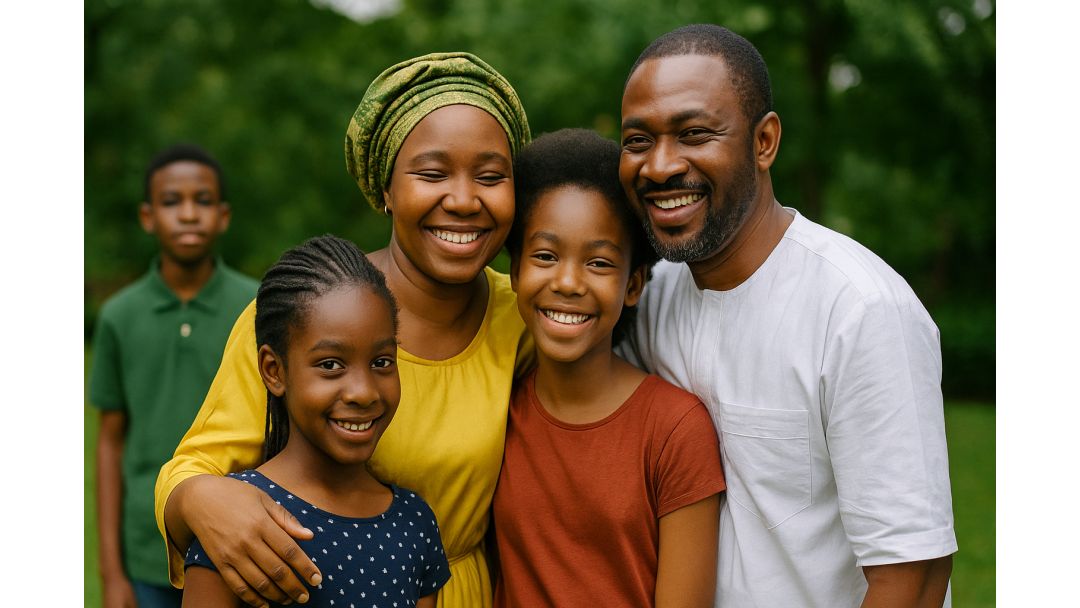Nigeria's rich cultural diversity greatly influences how marriage, relationships, and family roles are shaped. With over 250 ethnic groups and various religions (Islam, Christianity, and traditional African beliefs), gender roles in families are deeply rooted in cultural and religious traditions.
Types of Marriages
There are three main types of marriages in Nigeria:
Traditional Marriage – Community and family-based, involving dowries and customary rites.
Civil Marriage – Officially registered with the state, usually monogamous.
Religious Marriage – Conducted according to Christian or Muslim rites.
Often, these types are combined in one union.
Roles of Men and Women
In traditional structures, men are seen as heads of the family, while women are caregivers and child-raisers. However, in urban settings, women's roles in education and the economy are expanding, leading to more egalitarian relationships.
Dating and Partner Selection
Online and social media dating is gaining popularity among youth. In rural areas, family influence is stronger in partner selection, while in urban areas, individuals enjoy more personal freedom.
Polygamy
Polygamy (a man having multiple wives) is accepted and legally recognized in some cultural and religious communities but is becoming less common among the younger generation.
Family Bonds
Extended family plays a vital role in Nigerian life. Grandparents, uncles, and aunts actively participate in raising children. The family serves as both a biological and socio-economic unit.
Conclusion
Marriage and family life in Nigeria are deeply rooted in tradition but continue to evolve with modernization. Urbanization, education, and globalization are reshaping roles, but family remains one of Nigeria's strongest values

